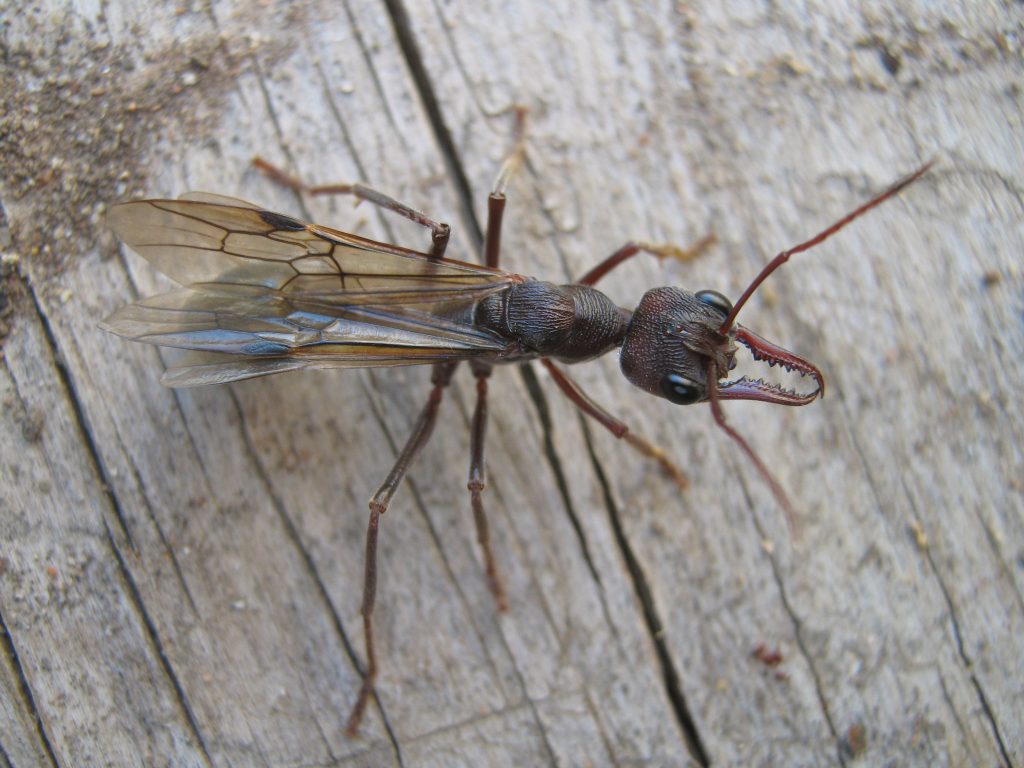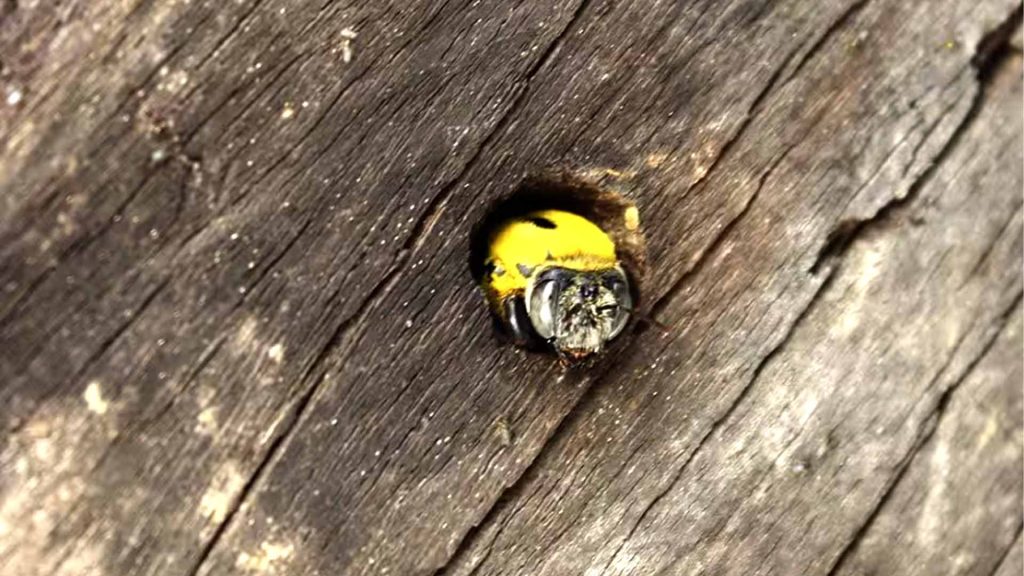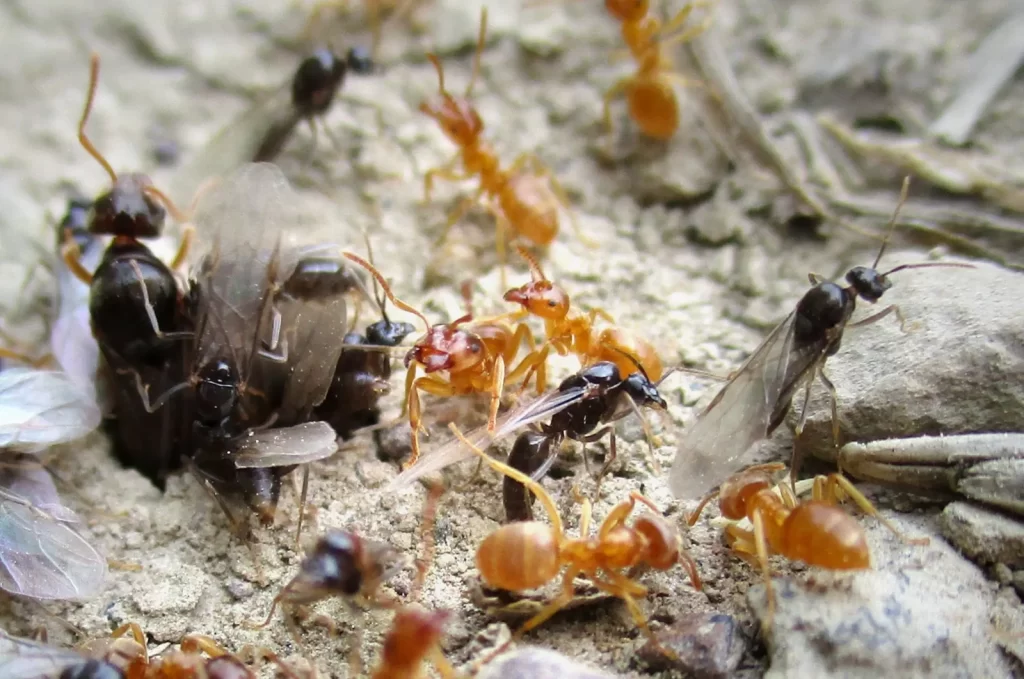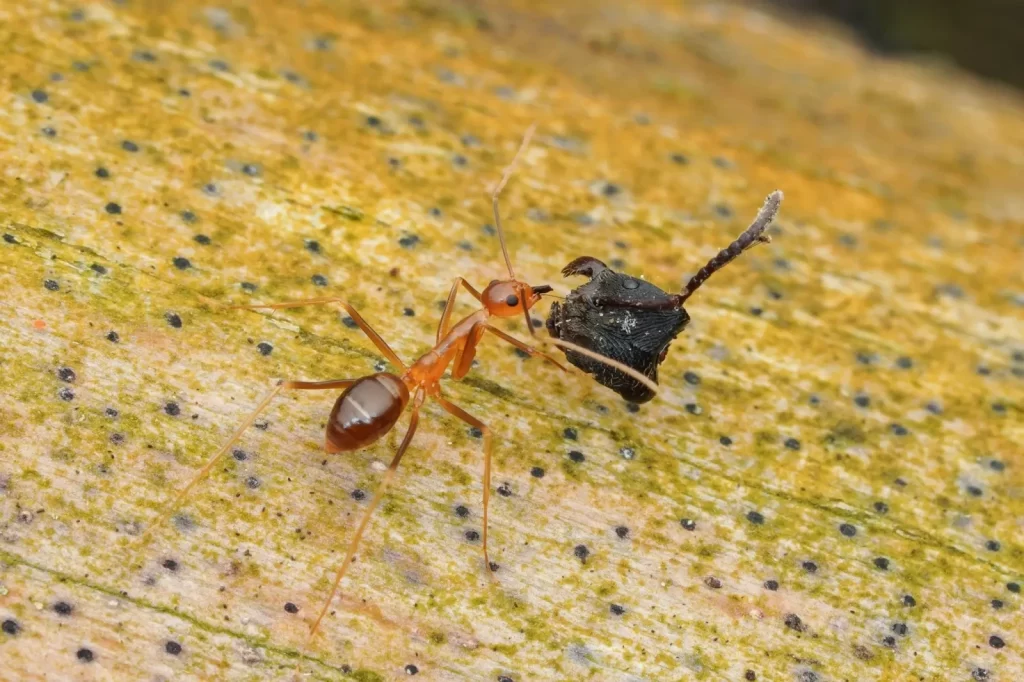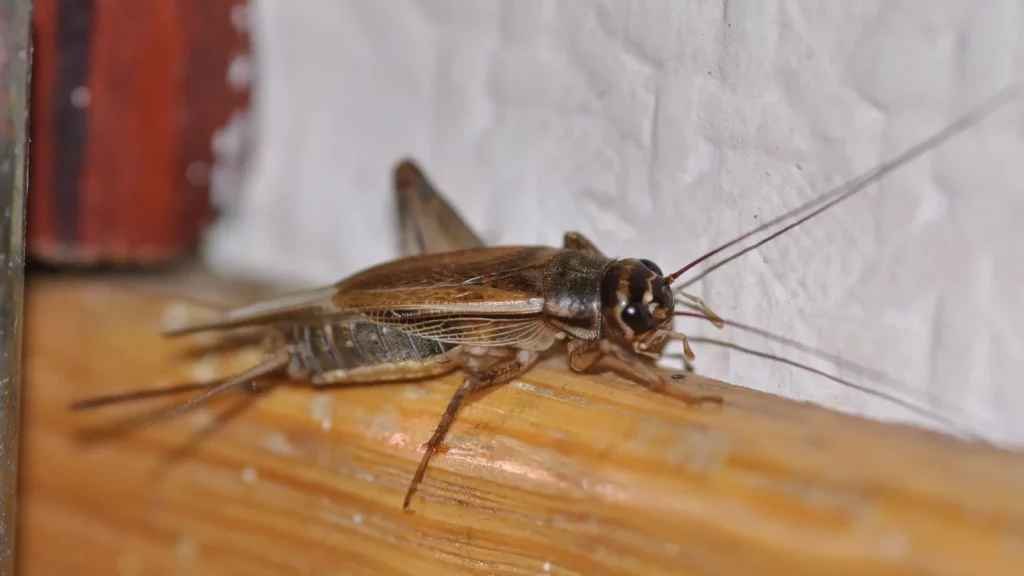Spending time outdoors in your garden or by the pool can be a relaxing experience, but mosquitoes can quickly ruin the atmosphere. Beside irritating bites, they can also carry diseases, making it important to take measures to protect your outdoor living spaces from them. Knowing how to protect gardens from mosquitoes and how to protect pools from mosquitoes will help you enjoy your time outside without worrying about these unwanted guests.
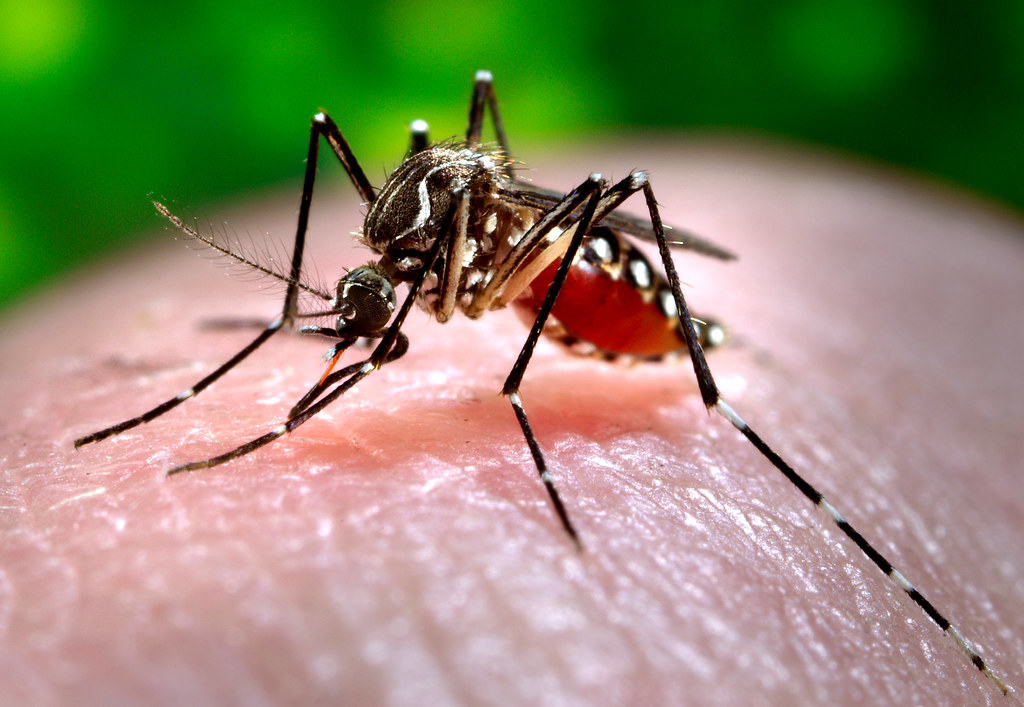
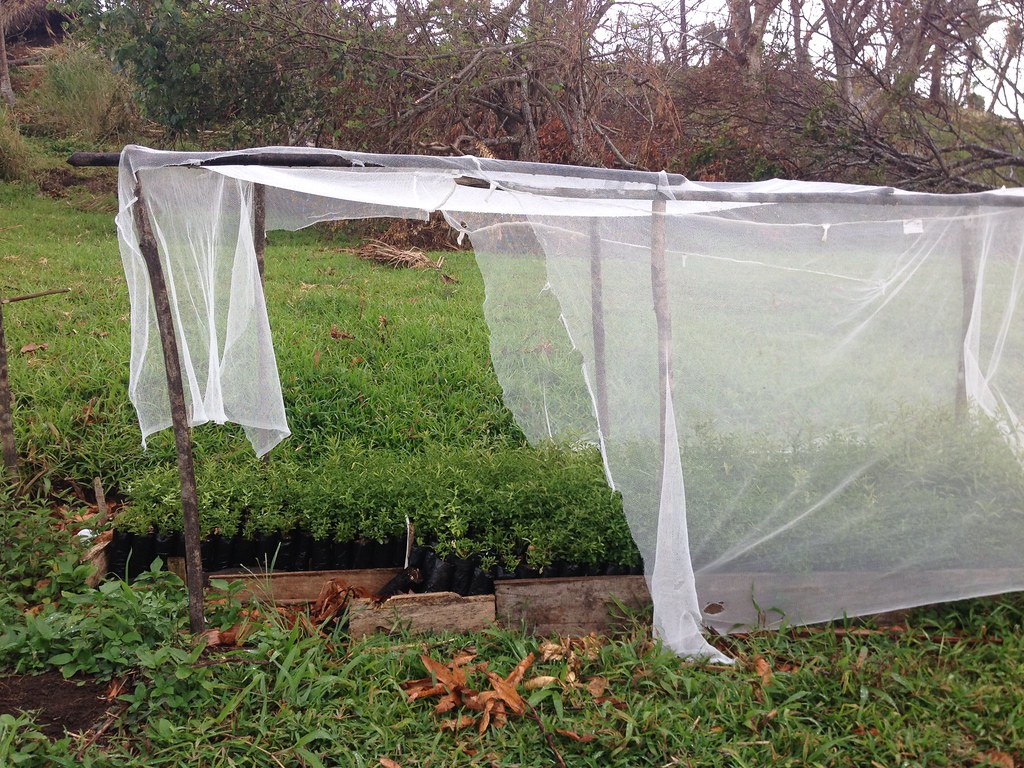 Installing physical barriers like mosquito nets or screens around seating areas or pergolas can be an effective way to enjoy your outdoor living space without being disturbed by mosquitoes. Netting can be draped over outdoor furniture or used in garden gazebos to create a bug-free zone.
Mosquito misting systems are another option to consider for larger outdoor areas, such as patios or poolsides. These systems regularly release a fine mist of insecticide, providing ongoing protection from mosquitoes.
Installing physical barriers like mosquito nets or screens around seating areas or pergolas can be an effective way to enjoy your outdoor living space without being disturbed by mosquitoes. Netting can be draped over outdoor furniture or used in garden gazebos to create a bug-free zone.
Mosquito misting systems are another option to consider for larger outdoor areas, such as patios or poolsides. These systems regularly release a fine mist of insecticide, providing ongoing protection from mosquitoes.

Keeping Mosquitoes Away from Your Garden
Gardens are a natural attraction for mosquitoes due to the presence of water and shade, two things mosquitoes thrive on. To lower the mosquito population in your garden, remove any sources of stagnant water. Mosquitoes lay their eggs in still water, so even small puddles or water trapped in plant pots can become breeding grounds. Make sure to regularly check flowerpots, birdbaths, and garden equipment for standing water and empty them at least once a week. If you have decorative water features or ponds, consider using mosquito dunks, which are natural larvicides that target mosquito larvae but are safe for other wildlife and plants. Another way to keep mosquitoes at bay is by planting mosquito-repellent plants such as citronella, lavender, marigolds, and lemongrass. These plants naturally emit scents that mosquitoes dislike and can be strategically placed around seating areas or garden entrances to provide additional protection. Maintaining your garden by trimming overgrown bushes, cutting the grass regularly, and clearing out fallen leaves or debris will also help. Mosquitoes love cool, damp areas, so reducing shaded spots will make your garden less attractive to them.Protecting Your Pool from Mosquitoes
Swimming pools are another prime location for mosquitoes, particularly if they are not properly maintained. Mosquitoes are drawn to standing water, and an uncovered pool or a poorly maintained one can easily become a breeding site. To protect your pool from mosquitoes, ensure that it is cleaned and maintained regularly. Pool filters and pumps should be running frequently to keep the water circulating, as mosquitoes prefer still water. You can also use pool covers when the pool is not in use, which prevents mosquitoes from accessing the water and laying eggs. Add mosquito dunks to the water in pool covers or around the pool area where water may collect. These dunks release a bacterium that specifically targets mosquito larvae without harming people, pets, or the pool’s water quality. Keep the area around your pool free of clutter or debris where water can accumulate. Make sure that pool toys, buckets, and outdoor furniture are stored properly and not left out to collect rainwater.Using Natural and Chemical Repellents
In addition to keeping water sources clean and eliminating breeding grounds, using mosquito repellents can help protect your outdoor spaces. For a natural approach, citronella candles or essential oil diffusers with oils like eucalyptus, tea tree, and peppermint can help deter mosquitoes. These repellents can be placed around outdoor seating areas or near garden paths to create a mosquito-free zone. If natural methods aren’t enough, you can use chemical mosquito repellents designed for outdoor spaces. These sprays typically contain DEET, picaridin, or permethrin and can be applied around your garden and pool area. You can also consult a pest control expert to treat your outdoor space with long-lasting mosquito treatments that will keep these pests away for weeks at a time.Using Mosquito Nets and Barriers
 Installing physical barriers like mosquito nets or screens around seating areas or pergolas can be an effective way to enjoy your outdoor living space without being disturbed by mosquitoes. Netting can be draped over outdoor furniture or used in garden gazebos to create a bug-free zone.
Mosquito misting systems are another option to consider for larger outdoor areas, such as patios or poolsides. These systems regularly release a fine mist of insecticide, providing ongoing protection from mosquitoes.
Installing physical barriers like mosquito nets or screens around seating areas or pergolas can be an effective way to enjoy your outdoor living space without being disturbed by mosquitoes. Netting can be draped over outdoor furniture or used in garden gazebos to create a bug-free zone.
Mosquito misting systems are another option to consider for larger outdoor areas, such as patios or poolsides. These systems regularly release a fine mist of insecticide, providing ongoing protection from mosquitoes.
Myths and Facts About Protecting Outdoor Spaces from Mosquitoes
| Myth | Fact |
| Mosquitoes only breed in large bodies of water like ponds or lakes. | Mosquitoes can breed very less standing water, including small puddles, plant trays, and birdbaths. |
| Citronella candles alone are enough to keep mosquitoes away. | While citronella candles can help, they are most effective when used in combination with other prevention methods. |
| Chlorinated pool water prevents mosquitoes. | While properly maintained pool water is less likely to attract mosquitoes, mosquitoes can still breed in pool covers or nearby standing water. |
| Mosquitoes are only a problem in tropical climates. | Mosquitoes thrive in various climates and can be a problem in temperate regions during the warmer months. |
| Cutting grass has no effect on mosquito populations. | Keeping grass and bushes trimmed reduces the cool, damp areas mosquitoes use for shelter during the day. |
